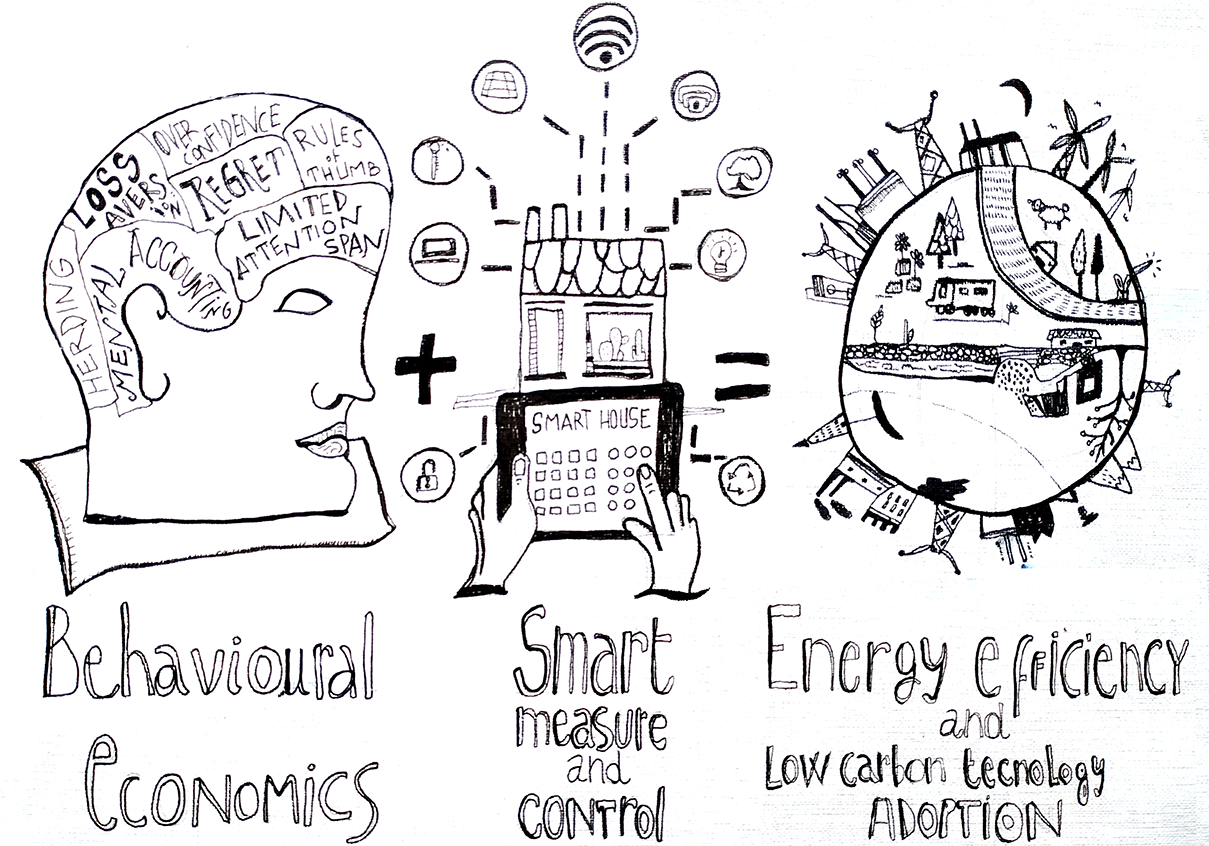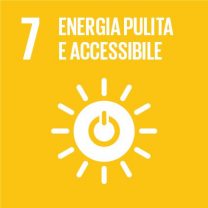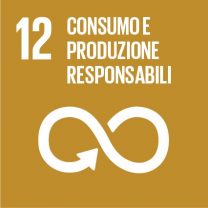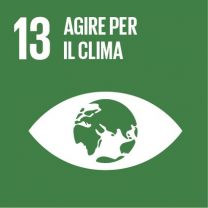Author
Sustainable development goals
Themes
- climate change
- energy saving
Tools
- smart meters
- behavioral campaigns
What does the promoted behavioral change consist of?
What are the main features of the tools designed/implemented to promote behavioral change and how have they been tested?
A series of methodologies were used for advancing the understanding and representation of pro-climate behavior.
Statistical methods based on randomization were used. Randomized Control Trials (RCT) separate citizens or users into control and treatment groups of a priori identical groups. Only treatment groups receive behavioural interventions, and we measure their effectiveness by comparing them against the control group.
Field experiments were conducted with several leading energy companies in Italy, Europe and elsewhere (China, US, Pakistan), testing behavioural interventions (e.g. social comparisons, loss aversion, real time feedback, goal setting, etc) on many decisions, such as electricity consumption, appliance purchasing, gas self reads, bill repayment, air conditioning use, etc.
Large databases of millions of observations were processed, also coming from high frequency smart devices, to identify clusters of users based on their responsiveness, and thus allow to defined custom interventions.
In doing so, it was possibile to provide a richer characterization of energy demand response, to evaluate the impact of behavioural (‘nudges’) and traditional interventions on emission reductions.
What results have been achieved? What are the potentials and obstacles?
- tested behavioral interventions to promote energy efficiency, pro-environmental behaviour, and adoption of green technologies;
- modeled energy demand response using the big data coming from smart meters and devices;
- built a behaviorally founded integrated assessment model for the assessment of climate change and energy policies.
The results have been the subject of numerous peer reviewed publications, accessible from the project website.
On the policy front, the research team have advised several regulatory agencies, companies and institutions on the use of field experiments and behavioural science for designing and evaluating behavioural programs.
[last update: 2/7/2021]
Research team at PoliMi
Massimo Tavoni, Giacomo Marangoni, Jacopo Bonan – DIG
PROJECT
COBHAM (2014-2019)
Funded by ERC (European Research Council)











